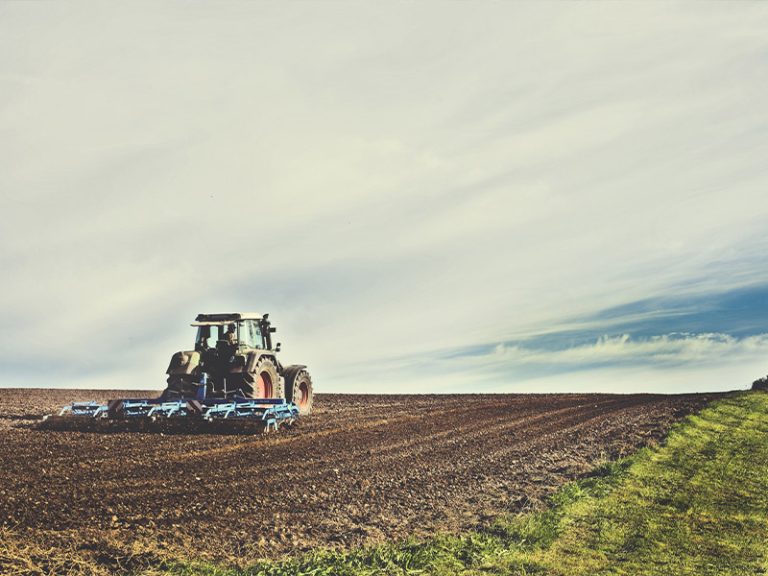The world of farming is changing every day. With each new app, trait, fertilizer and pesticide technology, farmers are becoming more efficient and productive. In the next few decades, industry experts from Syngenta expect many changes to take place and for the average farm operation to look different than it does today.
The opportunity for advancement in the future is huge. Examples include: learning how to remedy crop problems quickly through monitoring, breeding by design, creating the ‘ultimate’ trait stack that allows farmers to use whichever herbicide they want and how to create products for the local market, according to David Hollinrake, president of Syngenta Seeds.
He and other Syngenta experts share their expectations for the future of ag:
- Demand for ag will rise by about 60% by 2050. “We’re very committed to the R&D side of the equation,” says Vern Hawkins, president of Syngenta Crop Protection, North America. “We know we need to have more output from land.”
- Current and emerging technology will converge. Researchers who create new biotechnology products will work hand-in-hand with those who create pesticides, and all will work hand-in-hand with those who create data technology products and services. Syngenta experts say these relationships will result in shorter development cycles for new products and cost efficiencies.
- Farmers are changing their practices and use of technology. “[For example, use of] autonomy can address efficiencies and shortages,” Hawkins says. “What we’ve learned [so far] is really only the beginning. We have to find the right information to bring them [farmers] in a practical way.”
- By 2030 farming structures will change. “Farmer CEO mentality will be the norm,” Hollindrake says. “New models will emerge like cooperatives sharing equipment, labor and professional management. Rise in mega farms and multiple generations within an operation.”
- Sociopolitical demands will impact new technology and ability to farm. The agriculture industry will need to engage consumers more than in the past. If non-science decisions become the norm there could be delays and bans on products that negatively affect farmers’ ability to operate.






